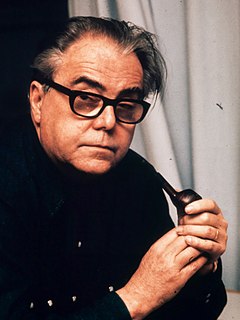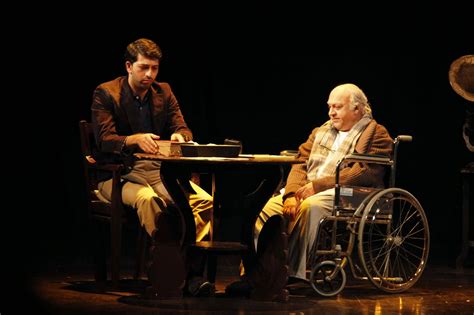A Quote by Ellen G. White
Dying legacies are a miserable substitute for living benevolence.
Quote Topics
Related Quotes
In man's life, the absence of an essential component usually leads to the adoption of a substitute. The substitute is usually embraced with vehemence and extremism, for we have to convince ourselves that what we took as second choice is the best there ever was. Thus blind faith is to a considerable extent a substitute for the lost faith in ourselves; insatiable desire a substitute for hope; accumulation a substitute for growth; fervent hustling a substitute for purposeful action; and pride a substitute for an unattainable self-respect.
When one existentially awakens from within, the relation of birth-and-death is not seen as a sequential change from the former to the latter. Rather, living as it is, is no more than dying, and at the same time there is no living separate from dying. This means that life itself is death and death itself is life. That is, we do not shift sequentially from birth to death, but undergo living-dying in each and every moment.
These were people so hungry for love that they were accepting substitutes. There were embracing material things and expecting a sort of hug back. But it never works. You can't substitute material things for love or for gentleness or for tenderness or for a sense of comradeship. Money is no substitute for tenderness, and power is not a substitute for tenderness. I can tell you as I'm sitting here dying, when you most need it, neither money nor power will give you the feeling you're looking for, no matter how much of them you have.






































